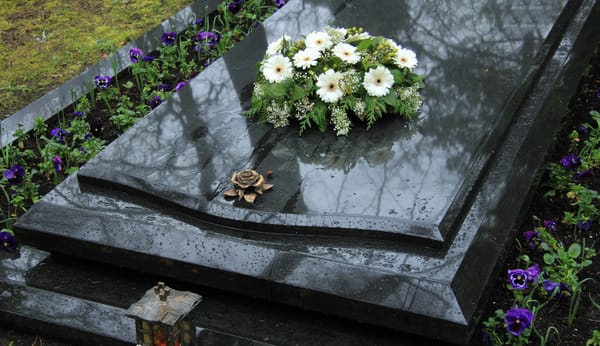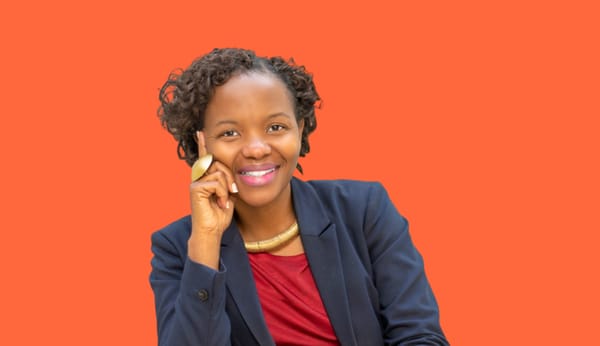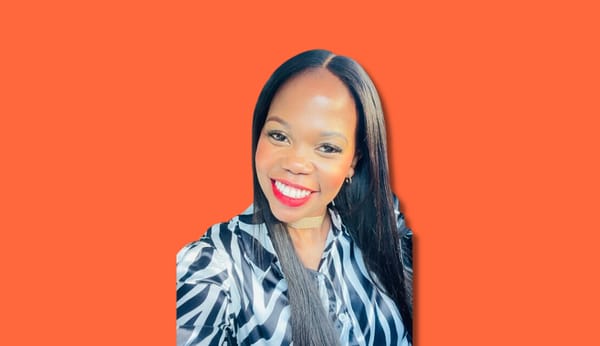We’re often told that we’re a nation of bad savers, but the reality is quite different. According to a recent report by the World Bank (Savings, Credit and Financial Resilience in Sub-Saharan Africa, March 2019) over half of adults in Sub-Saharan Africa save money, but few use banks to do so. Most saving is through informal or semi-formal methods, even amongst those who have a bank account. Interestingly those who can save do. Tragically, of the 46% of households who don’t save - over 60% can’t because they simply don’t have any disposable income with an estimated 45% being over-indebted.
So what does it mean to save? At a basic level, it means not spending on consumption and putting money aside on a regular basis with some goal in mind. Formal saving is saving with a bank or financial institution. Unfortunately, as discussed here, less than 5% of households invest, with the majority of savings taking place in call or savings accounts that offer interest rates below inflation, i.e. most people are losing money when they save.
Many people save informally (“under the mattress”) or using semi-formal ways, in a stokvel or a savings club. So why don't more people save using more formal methods? This is likely due to the a general distrust of banking institutions due to the high administrative and transaction fees - you may be more likely to lose the value of your money in a bank than saving through other methods. The second reason is probably due the accessibility of funds, most fixed deposit savings accounts impose some penalty on access to their savings and may have minimum investment amounts.
Most Sub-Saharan Africans save for their business and for future education. Astonishingly, 35% of savers are saving for business purposes - higher than any other emerging market region. This is something we should all be proud about as it reflects our innate entrepreneurial culture. This is especially true of young people, who are even more likely to save for business activities.
A major cause for concern is that across Sub-Saharan Africa, less than 10% of savers are saving for retirement. Although, this may strike many as alarming, it is likely not due to a disinterest or disregard for our old age, but rather the more pressing demands of the present.
Unfortunately, when we look at the financial resilience of households across Africa, where 72% of households reported experiencing financial vulnerability over the past year, only 28% had a financial plan or an emergency fund to deal with those emergencies. In emergencies, most people turned to family and friends to borrow money, with only 15% relying on more formal sources of credit, such as a bank loan.
Mobile money exploded onto the continent in the late 2000’s, with Kenya leading the charge with M-PESA. Many people wondered if mobile money would be a catalyst for more people accessing savings products. Although this has proved to be the case, with mobile money account holders being 11% more likely to save, the dominant usage of mobile payments remain remittance payments (60% receive money, 25% to send money).
That said, in markets with low bank account penetration like East Africa where 75% of adults are unbanked, people are turning to mobile money for more and more of their financial needs. However, the savings behaviour using mobile money remains the same - emergencies, business and education, with little impact on retirement savings.
So what’s the takeaway from all this - basically, most people who can do save. Yet the formal market has simply not been able to crack the mass distribution of high quality investment products. We see this as a major opportunity for Franc. We want to help over half the continent, who is already saving, invest!










